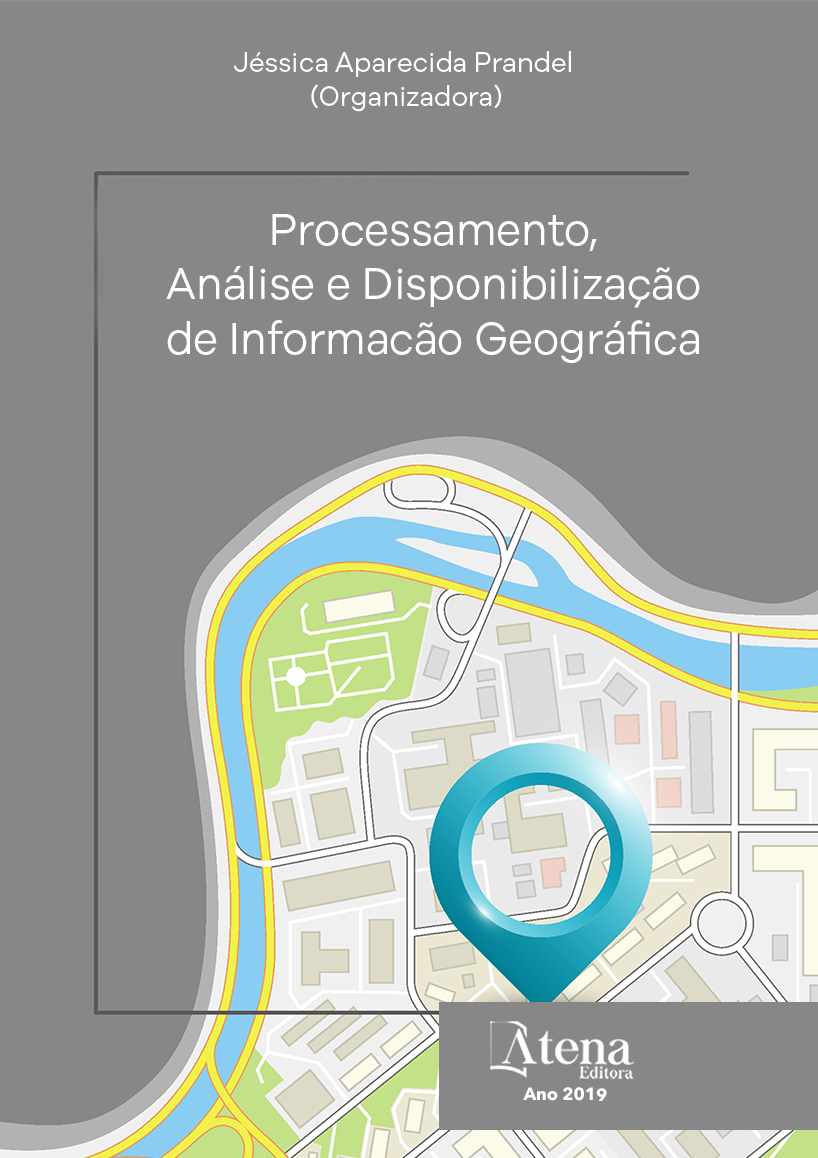
APLICAÇÃO DE UM SISTEMA DE INFORMAÇÕES GEOGRÁFICAS (SIG) LIVRE NA INCORPORAÇÃO DE DADOS GEOESPACIAIS E NO PLANEJAMENTO PARA OBTENÇÃO DE INFORMAÇÕES AGROPECUÁRIAS
A base de dados e produtos
cartográficos do IBGE empregados no
planejamento e execução do Censo
Agropecuário 2017 foi melhorada usando
o Sistema de Informação Geográfica (SIG)
livre com código-fonte aberto QGIS graças a
um conjunto de procedimentos aplicados em
dados geoespaciais multifonte fornecidos pelo
Instituto de Defesa Agropecuária e Florestal
do Espírito Santo (IDAF) e pelo Instituto Jones
dos Santos Neves (IJSN), uma iniciativa que
pode ser aplicada em outros levantamentos
de informações agropecuárias. A inclusão
da localização de 500 estabelecimentos
agropecuários e adição de 20.100 estradas
vicinais foram consolidadas e o aumento
de informações nos produtos cartográficos,
incluindo os croquis adotados para obtenção de
dados nos setores censitários, foi obtido junto
à inclusão de 6.390 edificações de cemitérios,
ensino, entidades sociais e segurança na
base territorial do estado do Espírito Santo. A
utilização dos complementos do SIG adotado
(OpenLayers, QuickMapServices, Table
Manager e Faceador) e a colaboração entre
instituições aumentou a qualidade produtos
cartográficos e insumos, possibilitando a redução
de custos necessários para o planejamento e
execução do Censo Agropecuário.
APLICAÇÃO DE UM SISTEMA DE INFORMAÇÕES GEOGRÁFICAS (SIG) LIVRE NA INCORPORAÇÃO DE DADOS GEOESPACIAIS E NO PLANEJAMENTO PARA OBTENÇÃO DE INFORMAÇÕES AGROPECUÁRIAS
-
DOI: 10.22533/at.ed.2771917102
-
Palavras-chave: SIG, QGIS, dados multifonte, Censo Agropecuário, planejamento.
-
Keywords: GIS, QGIS, multisource geodata, Agricultural Census, planning.
-
Abstract:
The IBGE database and
cartographic products used in the planning and
execution of the 2017 Agricultural Census was
improved using the free Geographic Information
System (GIS) with open source QGIS to a set
of procedures applied in multisource geospatial
data provided by the Agricultural Institute (IDAF)
and the Jones of the Santos Neves Institute
(IJSN), an initiative that can be applied in other
surveys of agricultural and livestock information.
The inclusion of the location of 500 agricultural
establishments and the addition of 20,100 back
roads were consolidated and the increase
of information in the cartographic products,
including the sketches adopted to obtain data
in the census tracts, that was obtained with
the inclusion of 6,390 buildings of cemeteries, social entities and security in the
territorial base of the Espírito Santo State. The use of the GIS complements adopted
(OpenLayers, QuickMapServices, Table Manager and Factor) and the collaboration
among institutions increased the quality of cartographic products and inputs, allowing
the reduction of costs necessary for the planning and execution of the Agricultural
Census.
-
Número de páginas: 15
- Geovanni Ribeiro Loiola
- Nelson Wellausen Dias
- Fernando Jakes Teubner Junior


